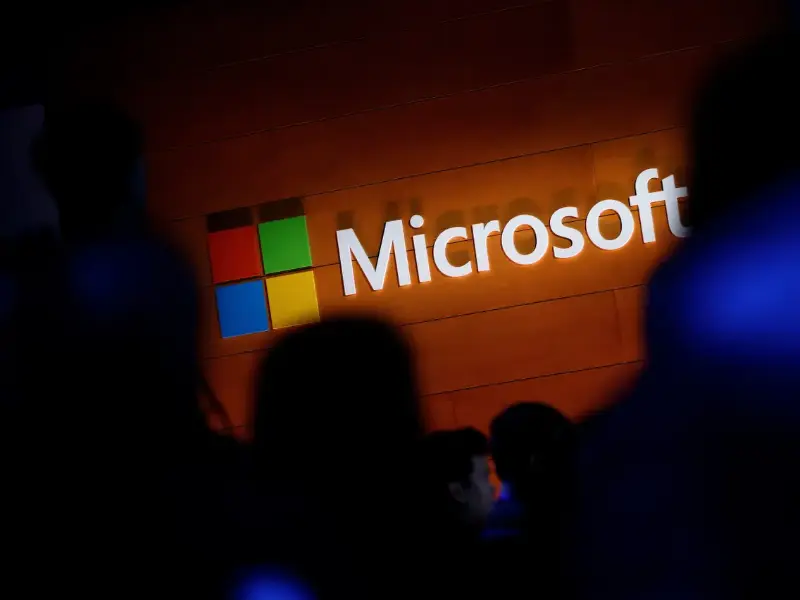- The U.K.’s Competition and Markets Authority announced on Wednesday that it has determined Microsoft’s partnership with Inflection AI does not pose a threat to competition.
- The closure of the investigation could signal a positive development for large tech companies’ AI partnerships, as regulators assess their impact on competition.
OUR TAKE
The UK’s Competition and Markets Authority (CMA) has approved Microsoft’s acquisition of former Inflection AI staff, including CEO Mustafa Suleyman. After an investigation, the CMA determined that this move doesn’t harm competition in the consumer chatbot or AI sectors.The decision is important as tech giants like Microsoft rush to expand their AI capabilities through acquisitions and partnerships. Despite the scrutiny, Microsoft’s hiring of Inflection AI staff and its investment in AI startups are seen as part of a broader strategy to lead in generative AI development.
-Tacy Ding, BTW reporter
What happened
Britain’s competition regulator, on Wednesday, cleared Microsoft’s hiring of former Inflection AI staff and its partnership with the startup, stating that the deal did not require further investigation.
The Competition and Markets Authority initiated a probe in July to assess whether the deal could raise competition concerns, given that both companies develop and supply consumer chatbots.
The UK’s Competition and Markets Authority (CMA) announced on Wednesday that Microsoft’s acquisition of Inflection AI’s CEO, Mustafa Suleyman, along with other key staff, did not result in a “substantial lessening of competition.” Following a thorough investigation lasting several months, which included reviewing submissions from both companies, public feedback, and information from rival organisations, the CMA concluded that Microsoft’s hiring of Inflection AI personnel did not negatively impact competition within the consumer chatbot and foundational model development sectors.
The CMA noted that, even prior to the acquisition, Inflection AI held a small share of UK visits for chatbots and AI tools, and, unlike its competitors, lacked the ability to significantly grow or maintain its chatbot user base.
Also read:Microsoft restructures business units to highlight AI contributions
Also read:Alphabet’s AI partnership with Anthropic faces UK scrutiny
Why it’s important
As businesses rushed to implement generative AI, leading technology providers accelerated their development strategies, including forming partnerships with startups, making acquisitions, and hiring top-tier staff. These actions have prompted scrutiny from UK regulators.
In March, Microsoft announced its plans to appoint Suleyman as the head of a new division called Microsoft AI. As part of the arrangement, co-founder and chief scientist Karén Simonyan, along with other senior staff members, also joined Microsoft.
While Microsoft’s appointment of Inflection staff did constitute a relevant merger situation under the CMA’s jurisdiction, the deal “does not give rise to a realistic prospect of a substantial lessening of competition (SLC) as a result of horizontal unilateral effects,” the agency stated in a six-page report on Wednesday.
As part of its AI strategy, Microsoft announced a multiyear, multibillion-dollar investment in OpenAI. Under the agreement, Azure became the preferred provider for the startup’s cloud workloads.
Other providers have also pursued partnerships with AI startups to accelerate or broaden their development of generative AI capabilities.

